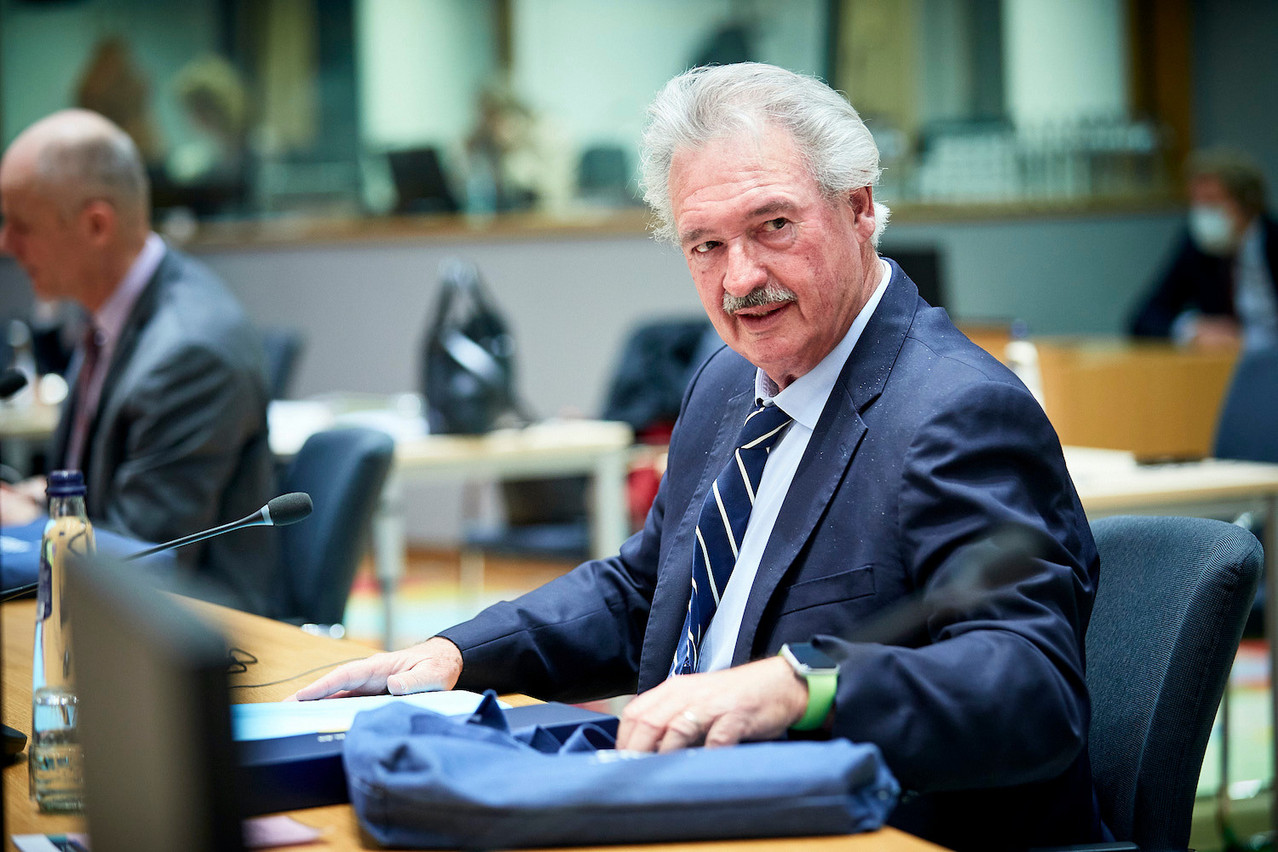Western governments in August raced to evacuate their citizens, embassy staff and support workers from Kabul airport after the Taliban swept through the country and took control of the capital amid the withdrawal of Nato troops.
Asselborn at an EU said Europe has a “moral obligation to help those who value our values; we cannot abandon them.”
In answer to a on Thursday, the minister said one person who worked with the EU’s delegation in Afghanistan was already in the country with their family. Another person who worked for the EU as well as an Afghan worker for Nato will be arriving, he added.
“These persons will undergo their asylum procedure here in the country,” Asselborn said.
Read also
The government earlier in the week pledged to to Afghanistan. “We are in the process of examining whether projects supported so far can be sustained and to what extent we can step up our support next year,” development cooperation minister Franz Fayot said, adding that “our humanitarian support is tied to international humanitarian law and the respect of humanitarian principles.”
Member states at the end of August agreed to rely on Afghanistan’s neighbouring countries to manage refugees fleeing the country and to prevent a repeat of the 2015 migration crisis.
“The EU will engage and strengthen its support to third countries, in particular the neighbouring and transit countries, hosting large numbers of migrants and refugees, to reinforce their capacities,” the European Council said in a , promising cash to countries helping to keep asylum seekers away from the EU’s borders.
“The EU and its member states stand determined to act jointly to prevent the recurrence of uncontrolled large-scale illegal migration movements faced in the past,” the Council said further. “The EU and its member states, with the support of Frontex, remain determined to effectively protect the EU external borders and prevent unauthorised entries.”
As of 31 August, 46 asylum seekers from Afghanistan arrived in Luxembourg, the third largest group behind Syrians (230) and Eritreans (162).
Asselborn on Thursday posted a picture on Facebook from a trip back from a working visit to Hungary, saying he met a young Afghan woman en route to the grand duchy at Budapest airport. “This evening she will be in Luxembourg and can initiate her asylum procedure,” the minister said. “There are still glimmers of hope in the drama around Afghanistan.”
